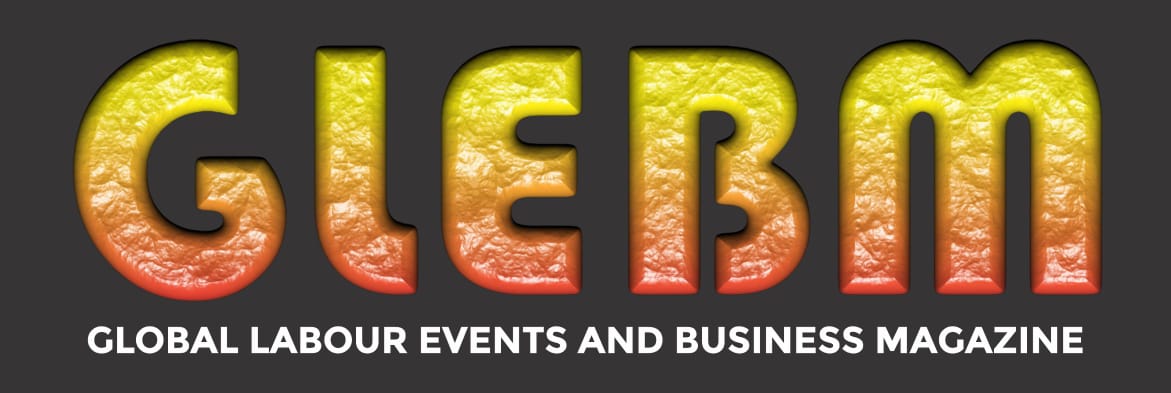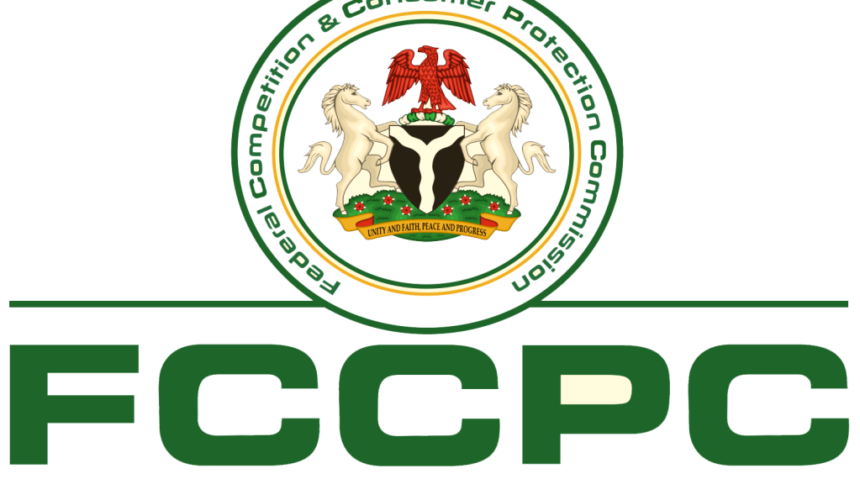By Raymond Akorede
In a bold move to combat the proliferation of counterfeit products in Nigeria, the Federal Competition and Consumer Protection Commission (FCCPC) has inaugurated a multi-agency committee to develop a digital traceability portal that will enable real-time verification of product authenticity.
Unveiled in Abuja on Tuesday, the initiative aims to assign unique QR codes to products, allowing consumers, regulators, and businesses to trace goods through every stage of the supply chain — from origin to point of sale.
“Our goal is to deliver a solution that reduces counterfeiting and addresses other challenges within the supply chain,” said FCCPC Executive Vice Chairman Babatunde Irukera during the inauguration. “This portal will enhance transparency, reinforce consumer trust, and significantly improve regulatory coordination.”
The newly formed committee includes key stakeholders from the Standards Organisation of Nigeria (SON), National Agency for Food and Drug Administration and Control (NAFDAC), Nigeria Customs Service, National Information Technology Development Agency (NITDA), Nigeria Police Force, National Orientation Agency (NOA), and the Anti-Counterfeiting Collaboration (ACC).
While a specific launch date for the portal has not yet been disclosed, the FCCPC confirmed that technical planning and stakeholder consultations will commence immediately.
Nigeria’s market has been plagued by counterfeit and substandard goods for decades, from fake pharmaceuticals that endanger lives to counterfeit electrical components and everyday consumer products that flood informal markets. According to Irukera, the portal will serve as a “transformative tool” to restore integrity in the marketplace.
“Consumers deserve the confidence that the products they buy are safe, legitimate, and meet regulatory standards,” he said. “This is not just about enforcement—it’s about creating a culture of accountability and trust.”
Industry experts and consumer advocates have long called for more robust technology-driven solutions to combat the counterfeit trade, which undermines legitimate businesses, endangers public health, and costs the Nigerian economy billions annually.
The FCCPC believes the traceability portal will also improve inter-agency collaboration in enforcement actions. “This system will allow for faster, coordinated responses to counterfeit alerts,” Irukera added. “We are building a smarter approach to consumer protection.”
Once deployed, the portal is expected to become a central resource for verifying goods across a wide range of industries, with potential integration into mobile platforms and customs screening systems.
The FCCPC reiterated its commitment to inclusive stakeholder engagement, noting that businesses, civil society organizations, and consumers will be part of the broader consultative process leading up to the portal’s rollout.




